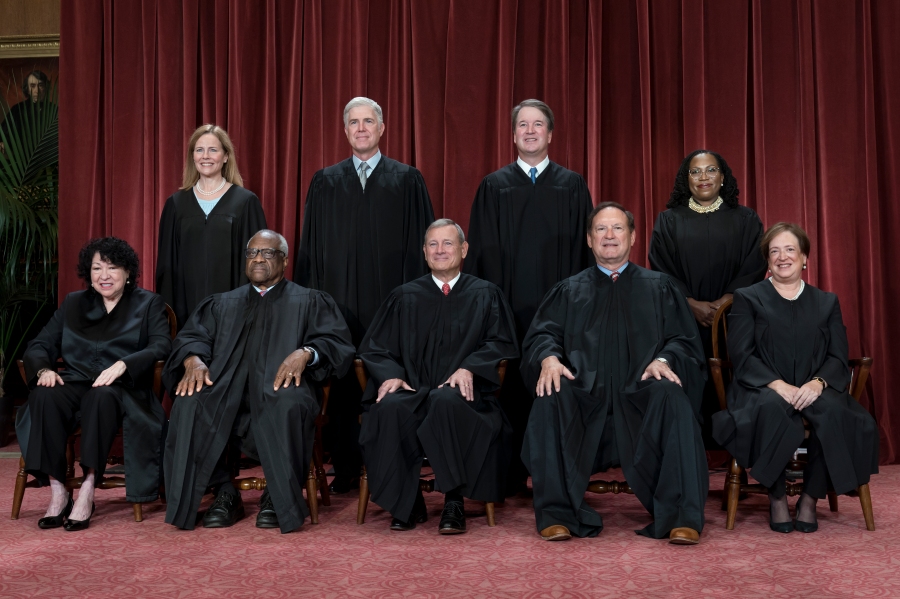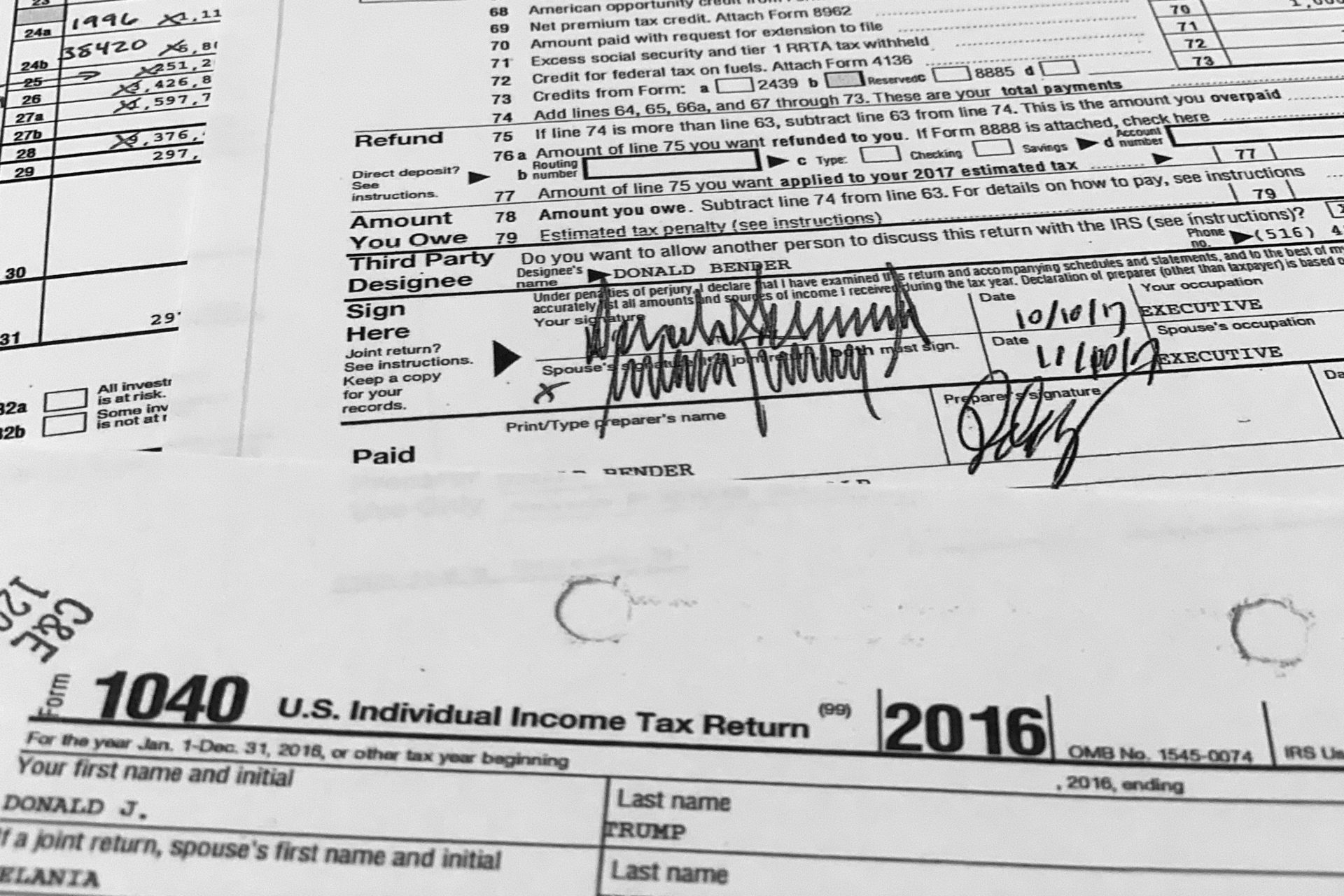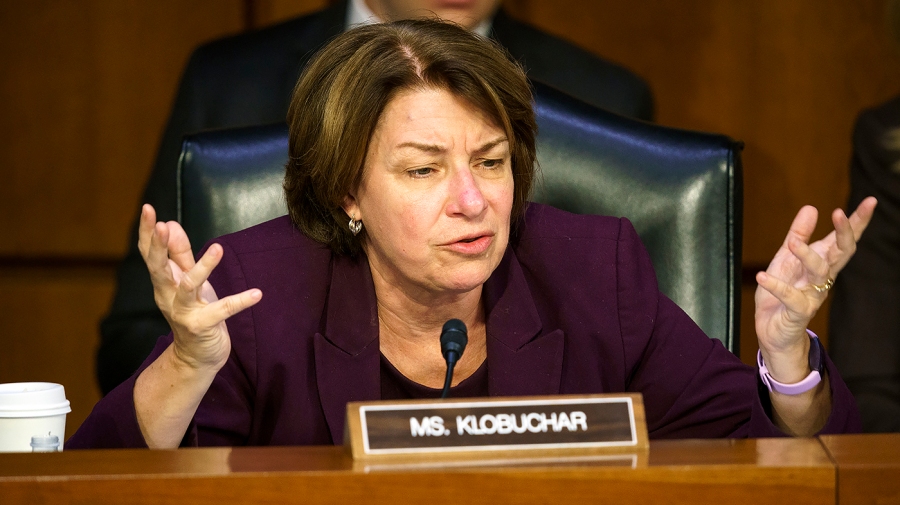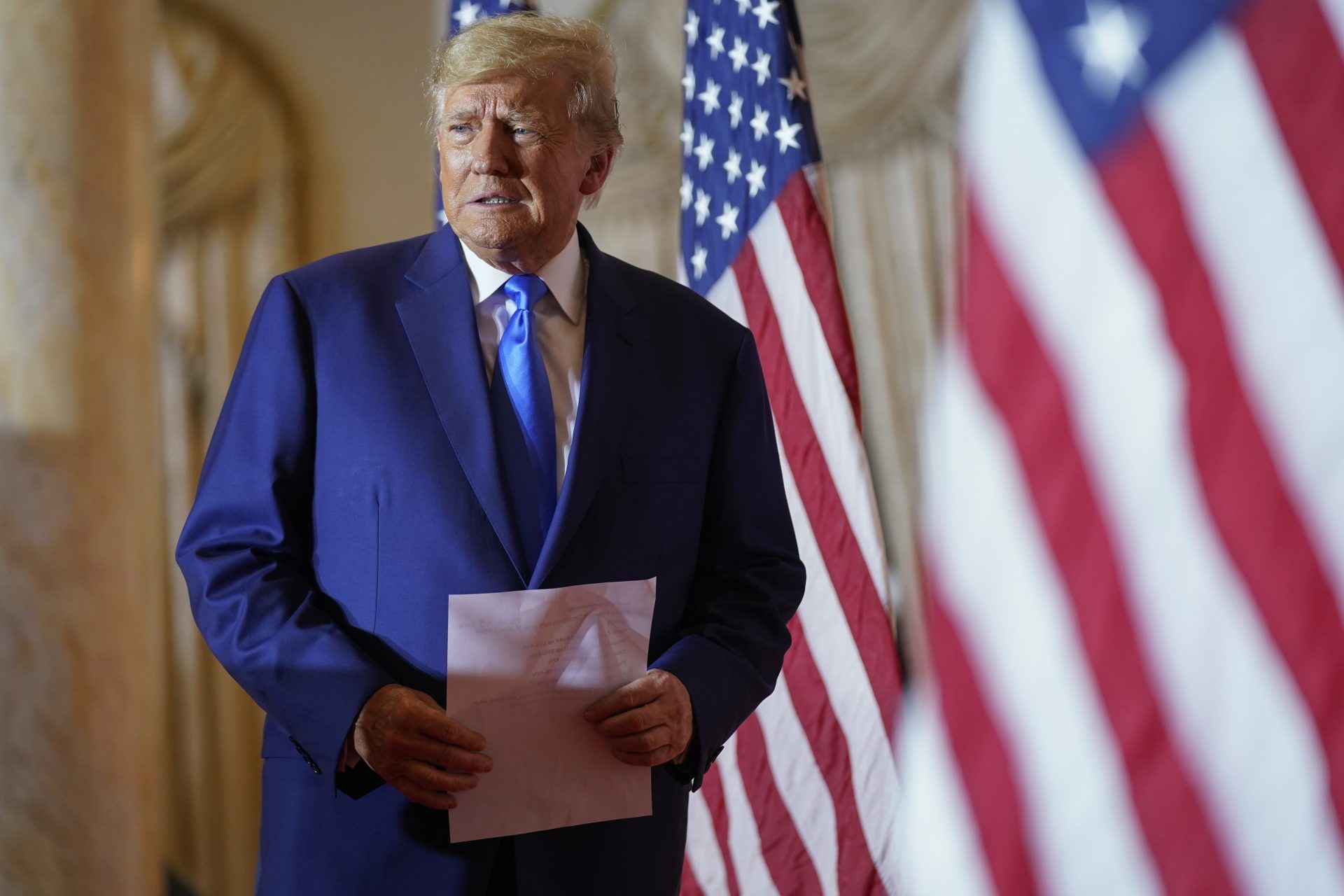TheStreet
Electric vehicle maker Tesla has had a nightmarish year on the stock market.
Tesla had a bad year 2022.
On the stock market, it was a real nightmare.
Tesla stock lost more than 65% of its value to end the year at $123.18. It had started 2022 at $352.26. This fall translates into more than $720 billion of market capitalization which have evaporated in one year, a real disaster for shareholders.
Elon Musk, the whimsical and charismatic CEO of the automaker attributed this stock market disaster to macroeconomic and geopolitical factors.
“Macro conditions are difficult: energy in Europe, real estate in China & crazy Fed rates in USA,” the billionaire explained on December 8.
Macro v. Twitter
Europe is going through an energy crisis due to the war between Russia and Ukraine, which is affecting economic activity. The Federal Reserve, or Fed, has been aggressively increasing interest rates for several months to crush inflation, which is at its highest in forty years. This monetary policy raises fears of a so-called hard landing for the economy, aka recession.
If the analysis of the Techno King is valid, many individual shareholders of Tesla (TSLA) – Get Free Report believe, however, that the stock market rout of the stock is due to the actions of the CEO following his acquisition of the social network Twitter.
“Elon has now erased $600 bil of tesla wealth and still nothing from the Tesla BOD. It’s wholly unacceptable,” lamented individual shareholder Ross Gerber on December 16.
This criticism caused a back and forth between him and Musk.
“Tesla is executing better than ever! We don’t control the Federal Reserve. That is the real problem here,” Musk responded.
But Gerber insisted: “I agree the Fed sucks big time and the macro is deteriorating. But tesla is doing super well and should be outperforming its tech peers like Apple… should have at least 2x apples PE. On a bad day tesla should be $250 a share.”
Three days later, faced with the continued fall in Tesla stock, Gerber asked the board to find a new CEO.
“Tesla stock price now reflects the value of having no CEO. Great job tesla BOD – Time for a shake up,” Gerber wrote on December 20.
Tesla Impacted By Twitter
The billionaire’s critics believe that Tesla’s rout is due to his acquisition of Twitter. The tech mogul decided to buy Twitter in order to, according to him, make the platform a place for free speech. Since making the takeover bid for the social network on April 22, the tech mogul has only been focused on Twitter.
He is omnipresent on the platform, attacks his perceived enemies and regularly creates controversy. The problem is that since the $44 billion bid for Twitter, Tesla’s stock has continued to fall. Musk finalized the deal on October 27, less than two months ago. Tesla’s stock lost nearly 39% of its value during this short period.
“In the past year, we have seen Tesla’s brand lose equity across every brand value, from foundational safety to refinement,” said research-based consultancy firm Strategic Vision President, Alexander Edwards. “These problems are magnified in that battery electric vehicles (BEVs) are more often purchased by self-identified Democrats who have generally opposed Musk’s actions with Twitter. It will become more difficult to sell Tesla vehicles as the narrative of Twitter makes the vehicles seem less fun and alienates the primary buyer.”
In this context, Dan Ives, star analyst at Wedbush and one of the most optimists on Tesla, believes that it is possible to get out of this negative spiral. He just listed 10 things Musk, who said he is stepping down as CEO of Twitter, needs to do in 2023 “to change negative sentiment around the Tesla story.”
The List Of Things To Do
”Name a CEO of Twitter by the end of January,” Ives recommended. “Stop selling stock and no more boy that cried wolf or Pinocchio situation,” and “formally adopt a 10b5-1 plan so investors know there is no major selling block around the corner as Musk sold roughly $40 billion of TlSA stock the past year.”
The analyst advises Musk to “lay out conservative 2023 delivery and targets given the darker macro. The 50% growth target is not happening in our opinion, with 35%* delivery growth a more hittable and realistic goal for 2023.”
The billionaire must also focus his attention back on Tesla because Musk is “the heart and lung of Tesla and vice versa,” Ives said.
”Announce Cybertruck deliveries will hit the road by the end of 2023. Timing is key here with competition from all angles and worries production woes will push this into 2024,” Ives suggested.
In addition, the analyst recommends some changes at the Board of Directors. The new additions should have experience around tech and EV leadership.
Tesla should also announce a share buyback program to regain the market’s confidence: “With the stock at these levels a no brainer strategic move in our opinion for Tesla given its massive treasure chest,” Ives defended, adding that the company should also be more transparent around its margin structure.
Finally, Ives said that Musk should be less political because “the more political on Twitter that Musk becomes is a bad thing for selling EV cars to the masses. Its that simple and this remains a key investor concern.”
”Lay out the strategic plan for Twitter,” the analyst wrote. “Right now very simply the fear is Twitter is bleeding money with advertisers fleeing (for now) which means more losses and therefore more Musk TSLA stock sales. Once a new CEO is in place lay out the 3-year strategy of Twitter and what this can become, Super App, ‘X’, WeChat 2.0, etc.”
The billionaire has yet to react to the analyst’s advice. However, it is a safe bet that he heard the message.










